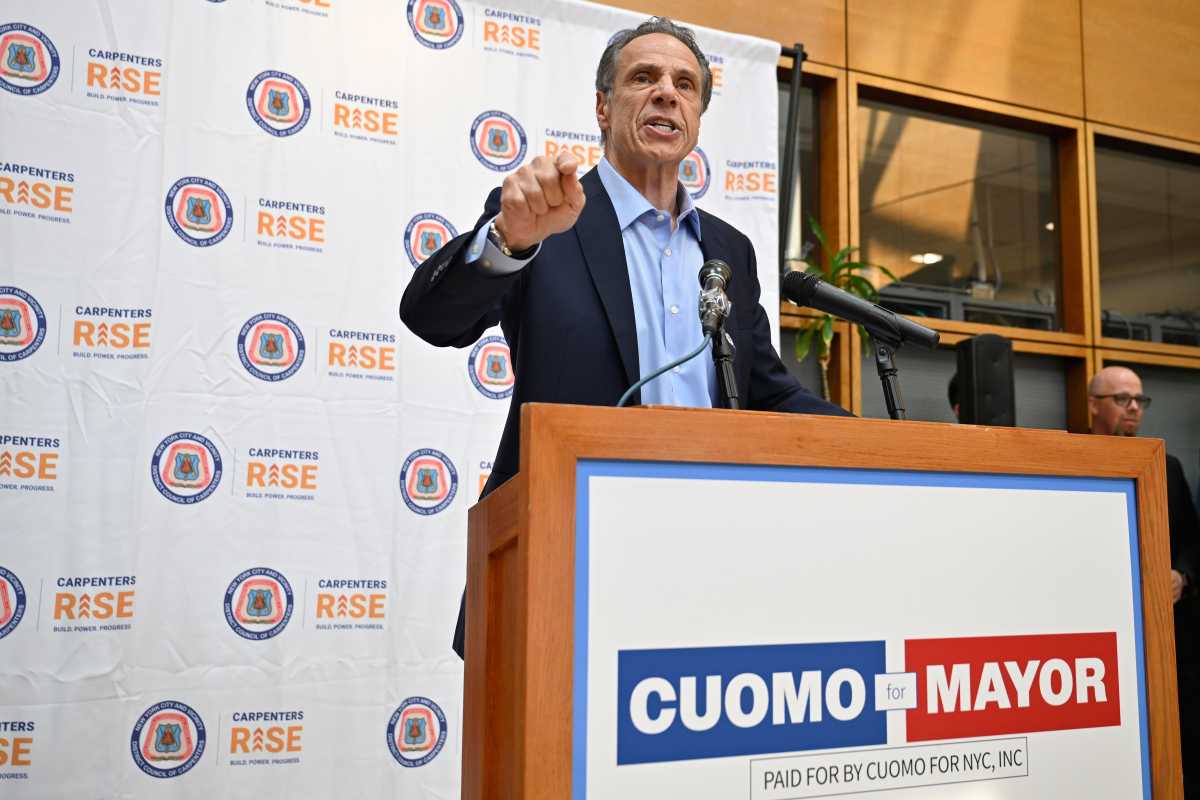If it’s too good to be true it usually is. How many times have you heard that? It’s especially accurate for the recipient of an e-mail who is informed that he is eligible for a free cruise. Or that she is the winner of some lottery that she never entered. Or — and this one’s my favorite — a widow in Nigeria has a huge sum of money left to her by her late husband and will share it with you if you help her get it out of the country.
Of course, she can’t just mail you a check. So you have to give her all of your banking information so she can deposit it into your account. Or the other way around.
Does anyone still fall for the Nigerian scam? I imagine so because, like the Energizer Bunny, it keeps on going and going.
Buy the Nigerian isn’t the only scam out there. I’ve received several new Internet rip-offs in the past year. New to my computer, that is.
Here’s one, warts and all, that supposedly came from my “e-mail server.” It appeared to be a very official document from AT&T, with logo and everything:
“A T & T and Bell-south has discovered series of illegal attempts on valid accounts from a bad IP Location and will shut your account as it has been flogged as a spam account. You are to fill the form below by clicking on the reply-to button on your page, Fill in the correct information carefully and send it, You have 24 hours to comply.”
The form requested my name, e-mail address, and password. Yeah, right. I’m going to forward all the information it already has.
Another official-looking e-mail came from PayPal, and pretty much sought the same information, plus some very pertinent credit card info. It was pretty convincing until I got to the part where the CFO of the company threatened to close my PayPal account if I chose not to respond.
Sure! Close my account. Here’s a great big surprise for you Mr. CFO. I don’t have a PayPal account. And I never did.
My favorites are those that look like they come from different offices of the federal government. Unless I fill out the attached form and answer a lot of personal questions honestly, the F.B.I. will be coming to call on me because my laptop was used to send various illegal e-mails. Some of those e-mails dealt with money laundering, some with bribery to certain political figures, and a few detailed some recent drug deals.
Lemme see, now. I sometimes order refills of my prescriptions on the Internet. Does that count as drug dealing? Hey, Carol. What do you do when I’m not home?
• • •
The gift-giving holidays are behind us but the holiday scammers are still around. Here’s one that made the rounds a few years ago and, according to the security guard at a Walmart Supercenter, was reborn in recent weeks:
Most retailers have a rack of gift cards on display. Help yourself to the one you think is the most appropriate and have it activated at a cashier by paying the amount you request.
Outside the store, just before you enter, a well-dressed woman holding a gift card approaches you. The bubba meintsa you are handed is that she received this $50 gift card for Christmas and she hates shopping at Walmart. She offers to sell it to you at a 50 percent discount.
“You don’t believe that the card is authentic? Come inside and I’ll prove it.”
Ask any cashier to scan it and you’ll learn that the card actually is worth fifty bucks. You can now buy it from her at half price. So where’s the scam?
As you reach down into your handbag for the twenty-five dollars your new best friend switches the good card for an identical one that she took from the display rack — one that is not validated and totally worthless.
You’ll be very embarrassed when you attempt to use it as payment for a purchase.
I am StanGershbein@Bellsouth.net repeating what I said, “If it’s too good to be true, well, you know the rest.
Stan Gershbein's column appears every Monday on BrooklynDaily.com























